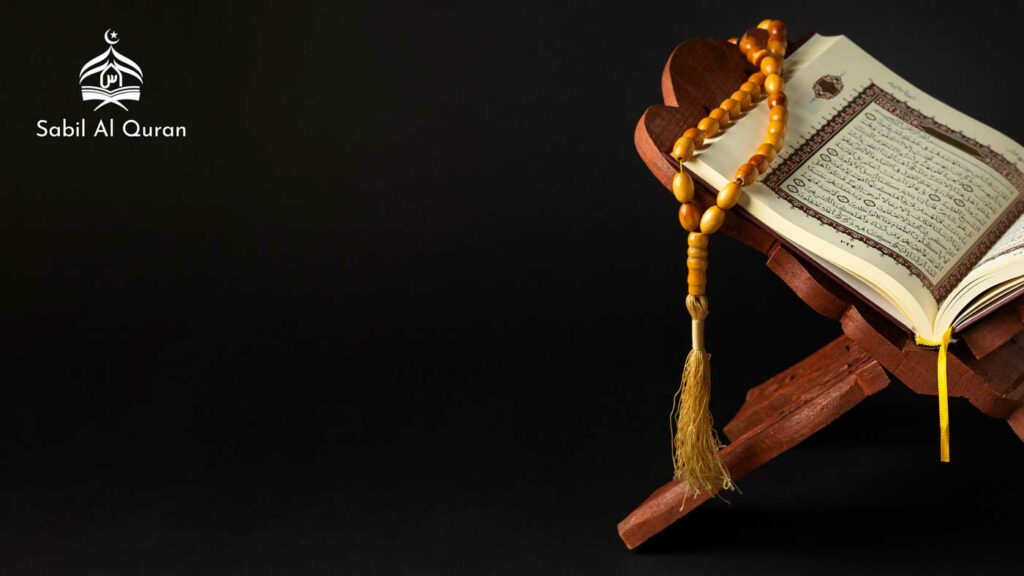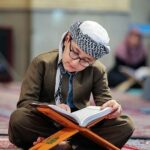
Islamic Studies holds a pivotal role in shaping the spiritual and moral development of students within an educational framework. This discipline goes beyond imparting knowledge about Islam; it serves as a guiding light, nurturing a profound connection to spirituality and instilling a strong moral compass. This essay explores the multifaceted dimensions of how Islamic Studies contributes to the holistic development of individuals, emphasizing the significance of spiritual and moral growth.Islamic Studies , as an integral part of education, goes beyond the acquisition of facts and figures. It serves as a pathway to spiritual enlightenment and the cultivation of a moral conscience. In a world often characterized by moral ambiguity, Islamic Studies offers a steadfast anchor, providing students with a framework that extends beyond academics.Islamic Studies lays the foundation for spiritual growth by introducing students to the core tenets of Islam. Through the study of sacred texts, students are guided on a journey that deepens their understanding of the divine, fostering a connection with Allah. The ritualistic aspects of Islam, taught within the context of Islamic Studies, provide students with practical ways to incorporate spirituality into their daily lives.The moral teachings embedded in Islamic Studies shape the character of individuals. Lessons from the Quran and Hadith instill values of compassion, justice, and integrity. Students learn not only about ethical conduct in theory but are encouraged to apply these principles in their interactions with others. The emphasis on righteous behavior becomes a moral compass guiding students through the complexities of life.Throughout the curriculum, the repetition of the term Islamic Studies serves to reinforce the centrality of this discipline in the educational experience. It acts as a reminder that every lesson, whether about history, ethics, or rituals, is fundamentally rooted in the principles of Islamic Studies .it takes a holistic approach to education by intertwining religious teachings with various academic disciplines. This interdisciplinary approach ensures that spiritual and moral development is not compartmentalized but integrated into every facet of a student’s educational journey.
The study of exemplary figures in Islamic history and the Prophet Muhammad’s life cultivates virtues such as humility, patience, and generosity. Islamic Studies imparts valuable lessons from historical narratives, encouraging students to emulate virtuous role models.As students engage with ethical dilemmas presented in Islamic texts, they develop critical thinking skills. The challenges posed in these texts prompt reflection and encourage students to consider moral implications, honing their ability to make principled decisions.The practicality of Islamic teachings is a cornerstone of Islamic Studies. Students are not merely passive recipients of knowledge; they are active participants in applying moral and spiritual principles to their daily lives. This experiential aspect ensures that theoretical understanding translates into tangible actions.Islamic Studies fosters a sense of community grounded in shared ethical values. Students, through their collective journey in Islamic Studies, contribute to the creation of an environment where moral principles are upheld, reinforcing the importance of integrity and mutual respect.
Islamic Studies plays a pivotal role in shaping the spiritual and moral development of individuals within an educational setting. By weaving the principles of Islam into the fabric of education, this discipline goes beyond academics, providing students with the tools to navigate life with a strong moral compass. The repetitive integration of the term Islamic Studies underscores its centrality, reinforcing the notion that every facet of education is an opportunity for spiritual and moral growth.know more about Islamic Studies by our Course

Featured Courses

Tajweed Rules
Tajweed Rules Course is designed for learning how to pronounce the letters in the words correctly such as when a consonant letter is silent or not, etc.

Quran Recitation
Quran Recitation is a sacred art, a rhythmic melody that echoes the divine verses, fostering a profound connection to Allah's words.

Arabic Language
The Arabic language, rich in history and eloquence, serves as the cradle of the Quran, carrying the essence of divine revelation.

Quran Memorization
Quran Memorization Course at madrasatelquran.com focuses on memorization of the Holy Quran in the shortest time possible with high-accuracy.

Islamic Studies
Islamic education is the best way to be better Muslims and humans as well. Islamic Studies Course helps Muslims to know all essentials about their religion.

Online Ijazah
Online Ijazah Course is an advanced Quran course because “Ijazah” is a certification grant its holder permission to teach and recite the Quran with tajweed.



